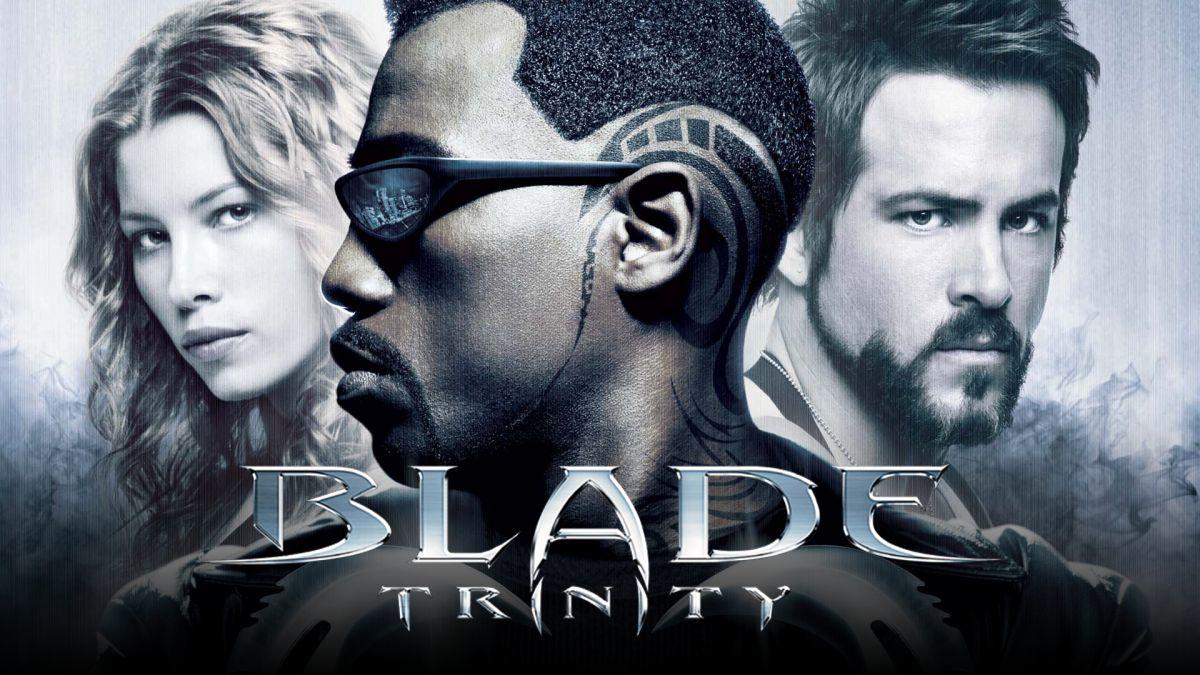Maus Graphic Novel Banned By Tennessee School District
A Tennessee school board has voted to remove the acclaimed 1980s graphic novel Maus from an eighth-grade curriculum. While the technical reasoning cites concerns over profanity and a panel that includes female nudity, the move comes in the context of conservative groups around the U.S. attacking books that explore issues of racism and slavery. Since Maus tells the story of cartoonist Art Spiegelman's family during the Holocaust, some critics are assuming that it's the unfavorable depiction of Nazis that actually caused the book to be targeted.
Recently, an Indiana State Senator said that he wanted teachers to be "impartial" when teaching about the Holocaust and fascism (he later backtracked after facing criticism). An education bill in Texas has been interpreted as making similar demands, although its supporters deny that is the intent. In recent months, two books from Brad Meltzer and Chris Eliopoulous's Ordinary People Can Change the World series were banned by a school board in Pennsylvania. Those books were designed for young readers and contained no harsh language or nudity. Instead, they were biographies of Rosa Parks and Martin Luther King, Jr.
Spiegelman himself, as well as Sandman creator and Comic Book Legal Defense Fund stalwart Neil Gaiman, have criticized the move. Spiegelman told CNBC that he found the ban to be "Orwellian" and "baffling."
"There's only one kind of people who would vote to ban Maus, whatever they are calling themselves these days," Gaiman tweeted.
Maus, which earned a Pulitzer Prize in 1992, the only graphic novel to have done so.
Spiegelman was born in 1948, and the book is framed as him interviewing his father about his parents' experience during World War II, with the Jews as mice and Germans as cats. The image of nudity is the character who represents Spiegelman's mother.
The language cited by the school board is the use of "God damn," but there is no lack of harsh language in Maus, given the nature of it being a story about war and bigotry. Similar debates have erupted around books like The Adventures of Huckleberry Finn by Mark Twain, which features vulgarities as well as racial slurs. It is periodically the subject of debates or bans as a result, but it is generally accepted that the book's literary value overcomes language concerns. It isn't uncommon for comics and graphic novels to be held to a different standard than prose novels.




